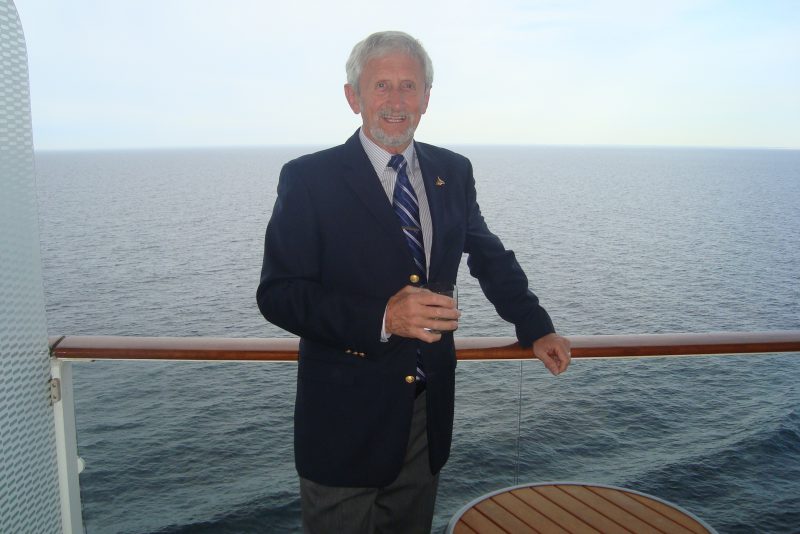
“If it had kept going at that intensity I probably would have banged my head against the wall to try and stop it,” says Mike about his condition, which was diagnosed following an MRI.
As the pain flared up repeatedly between 2015 and 2017, Mike desperately sought a solution. Medications were not working, and the number of surgeons with the training to treat it is low. Eventually, Mike discovered Royal Columbian neurosurgeon Dr. Michael Nikolakis.
“The cause is often a blood vessel compressing the trigeminal nerve as it comes out of the brain stem,” explains Dr. Nikolakis. “Some patients literally will stop eating, because eating or opening their mouth will cause an exacerbation, or they won’t speak for days or weeks at a time.”
Mike is familiar with this. “I used to lie in bed in the morning and the only thing I could get down me was porridge,” he recalls. “I would take a spoon and as soon as I got it near my mouth it would set it off. I would wait half a minute before I would get myself pumped up to have the next mouthful, it was just so intense.”
Just before he met Dr. Nikolakis, Mike had made plans to have surgery south of the border, preparing to pay more than $100,000 for help. He quickly canceled after speaking with the Royal Columbian neurosurgeon.
Dr. Nikolakis’s solution involves a rhizotomy, which is a minimally-invasive procedure to disrupt the nerve’s ability to send pain signals to the brain. Mike says he was able to go home the same day.
“They put a little pin prick in your cheek and that was it,” he says. “All I have is this tingling sensation on the left side of my face, but I can live with that.”
It is not a permanent solution, but Dr. Nikolakis says the relief should last several years. If the pain returns, the patient can undergo the procedure again.
Mike is grateful to have finally found relief, and he thinks highly of Dr. Nikolakis.
“Just a delight to talk to, and he explains everything.”
